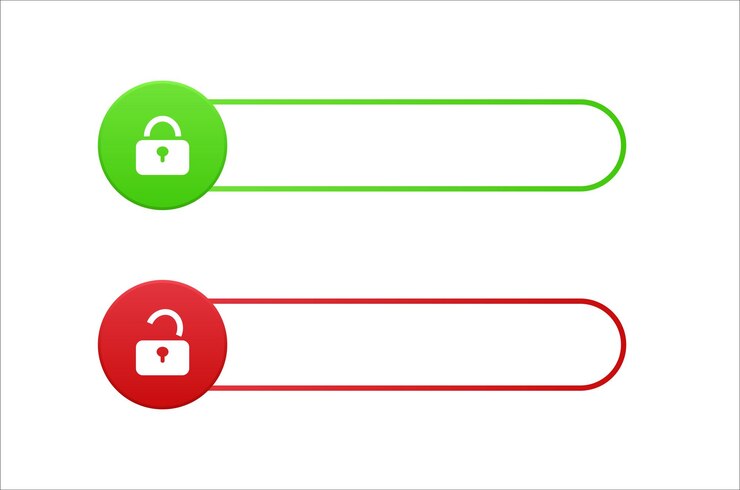Introduction
E-commerce is booming! But with more online stores come more hackers trying to steal information and money. Staying safe online is essential to protect your business and your customers. This guide will help you learn the basics of e-commerce cyber security.

We’ll cover everything you need to know about e-commerce security. How to choose a safe platform, how to protect customer data, and ways to fight off common attacks. Accordingly, by taking the right steps, you can keep your online store secure.
Secure Your Store’s Foundation
Choose Your Platform Carefully: The e-commerce platform you use is the backbone of your store. Therefore, pick one from a trusted company like Shopify, BigCommerce, or Magento. These platforms have strong cyber security features.
Updates are Important: Software updates often fix security problems of all sorts. Especially with your e-commerce setup. Always update your platform, plugins, and themes right away.
Use Strong Passwords: Weak passwords are easy for hackers to guess. Use a mix of letters, numbers, and symbols. Also, change passwords often to stay more secure.

Protect Customer Data
Follow PCI Rules: The Payment Card Industry (PCI) has rules for storing credit card data safely. But, make sure your store follows these rules.
Get an SSL Certificate: An SSL certificate is a significant cyber security tool for e-commerce websites. It makes the connection between your customers and your website secure. Eventually, you’ll see a padlock icon in the address bar if your site has one.
Don’t Store Too Much Data: Only store the customer information you absolutely need in order to stay secure. This way, hackers have less to steal.

Fight Off Attacks
Beware of Phishing: Phishing emails or websites try to trick you into giving up your login information. Learn how to spot these scams so you don’t fall for them.
Protect Against Malware: Install good security software on all computers you use for your e-commerce business. Accordingly, this software helps increase cyber security and block malware that can hurt your store.
Use a Firewall: A Web Application Firewall (WAF) filters out bad traffic before it can reach your e-commerce site.

Stay Alert
Backup Your Store Often: Saying about the backups I should include them, as a saving pass of the business in case anything goes wrong. You never know when your e-commerce site is at risk of a cyber-attack. Isolate your website backups from any possible vulnerabilities of the website itself. They should be stored in a safe place instead of your e-commerce website.
Test Your Security: Hire specialists to try and breach your system. It is said the attackers can find the open doors in five seconds and on the other hand, it takes an average of 280 seconds to find the IP address. Yes! Cyber-attacks are that quick.
Tell Your Customers: Tell your customers that you value their online security. This builds trust! Stay educated and learn about the fresh hacks. Similarly, learning cyber-attacks is your first step towards cyber security! Watch out for a briefing on the newest threats.

Conclusion
E-commerce security isn’t a one-off activity; something that you can do once and then check off your bucket list. Security should be on your top-of-mind now especially as cyber frauds are the common reason businesses fail. Note that the cyber world repeats itself rapidly hence ensure that your knowledge of the existential threats to your e-commerce website remains current.
